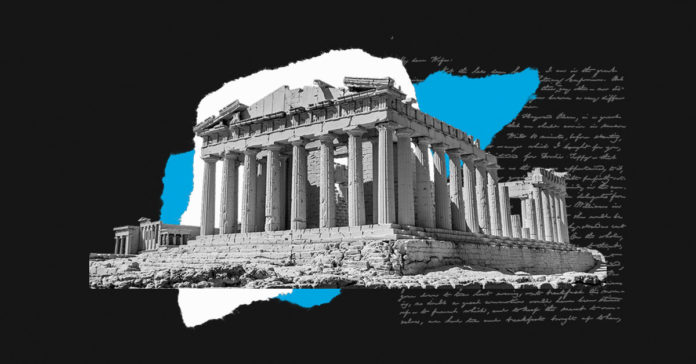In the opinion of physicians and astrologers, the natural life span of individuals is one hundred and twenty years, that is, the period astrologers call the great lunar year. Within the same generation, the duration of life differs according to the conjunctions. It may be either more or less than one hundred and twenty years. The life span of persons who are under some particular conjunction will be a full hundred years. Of others, it will be fifty, or eighty, or seventy years, accordingly as the indications of conjunctions noted by these observers may require. The life of a Muslim lasts between sixty and seventy years. The natural life span of one hundred and twenty years is surpassed only on the occasion of rare configurations and extraordinary positions on the firmament. Such was the case with Noah and with a few among the peoples of ‘Ad and Thamûd.
The same applies to the life span of dynasties. Their duration may differ according to the conjunctions. However, as a rule no dynasty lasts beyond the life span of three generations.[1] A generation is identical with the average duration of the life of a single individual, namely, forty years, the time required for growth to be completed and maturity reached.
Our statement is confirmed by the significance of the (forty-year) sojourn of the children of Israel in the desert. Those forty years were intended to bring about the disappearance of the generation then alive and the growth of another generation, one that had not witnessed and felt the humiliation in Egypt. This is proof of the assumption that forty years, which is identical with the (average) life of a single individual, must be considered the duration of a generation.
We have stated that the life of a dynasty does not as a rule extend beyond three generations. The first generation retains the desert qualities, desert toughness, and desert savagery. (Its members are used to) privation and to sharing their glory (with each other); they are brave and rapacious. Therefore, the strength of group feeling continues to be preserved among them. They are sharp and greatly feared. People submit to them.
Under the influence of royal authority and a life of ease, the second generation changes from the desert attitude to sedentary culture, from privation to luxury and plenty, from a state in which everybody shared in the glory to one in which one man claims all the glory for himself while the others are too lazy to strive for glory, and from proud superiority to humble subservience. Thus, the vigour of group feeling is broken to some extent. People become used to lowliness and obedience. But many of the old virtues remain in them, because they had had direct personal contact with the first generation and its conditions, and had observed with their own eyes its prowess and striving for glory and its intention to protect and defend (itself). They cannot give all of it up at once, although a good deal of it may go. They live in hope that the conditions that existed in the first generation may come back, or they live under the illusion that those conditions still exist.
The third generation, then, has (completely) forgotten the period of desert life and toughness, as if it had never existed. They have lost (the taste for) the sweetness of fame and for group feeling, because they are dominated by force. Luxury reaches its peak among them, because they are so much given to a life of prosperity and ease. They become dependent on the dynasty and are like women and children who need to be defended. Group feeling disappears completely. People forget to protect and defend themselves and to press their claims. With their emblems, apparel, horseback-riding, and (fighting) skill, they deceive people and give them the wrong impression. For the most part, they are more cowardly than women upon their backs. When someone comes and demands something from them, they cannot repel him. The ruler, then, has need of other, brave people to support him. He takes many clients and followers. They help the dynasty to some degree, until God permits it to be destroyed, and it goes with everything it stands for.
As one can see, we have there three generations. In the course of these three generations, the dynasty grows senile and is worn out. Therefore, it is in the fourth generation that (ancestral) prestige is destroyed.
Three generations last one hundred and twenty years, as stated before. As a rule, dynasties do not last longer than that many years, a few more or a few less, save when, by chance, no one appears to attack them. When senility becomes preponderant, there may be no claimant (for dynastic power, and then nothing will happen), but if there should be one, he will encounter no one capable of repelling him. If the time is up, (the end of the dynasty) cannot be put off for a single hour, nor can it be advanced.
In this way, the life span of a dynasty corresponds to the life span of an individual; it grows up and passes into an age of stagnation and thence into retrogression. Therefore, people commonly say that the life span of a dynasty is one hundred years…
[Muqaddimah by Ibn Khaldun, p.136-138]
Notes:
[1] The following assumption of a period of forty years does not square with the remarks Ibn Khaldun makes here about the length of human life.









